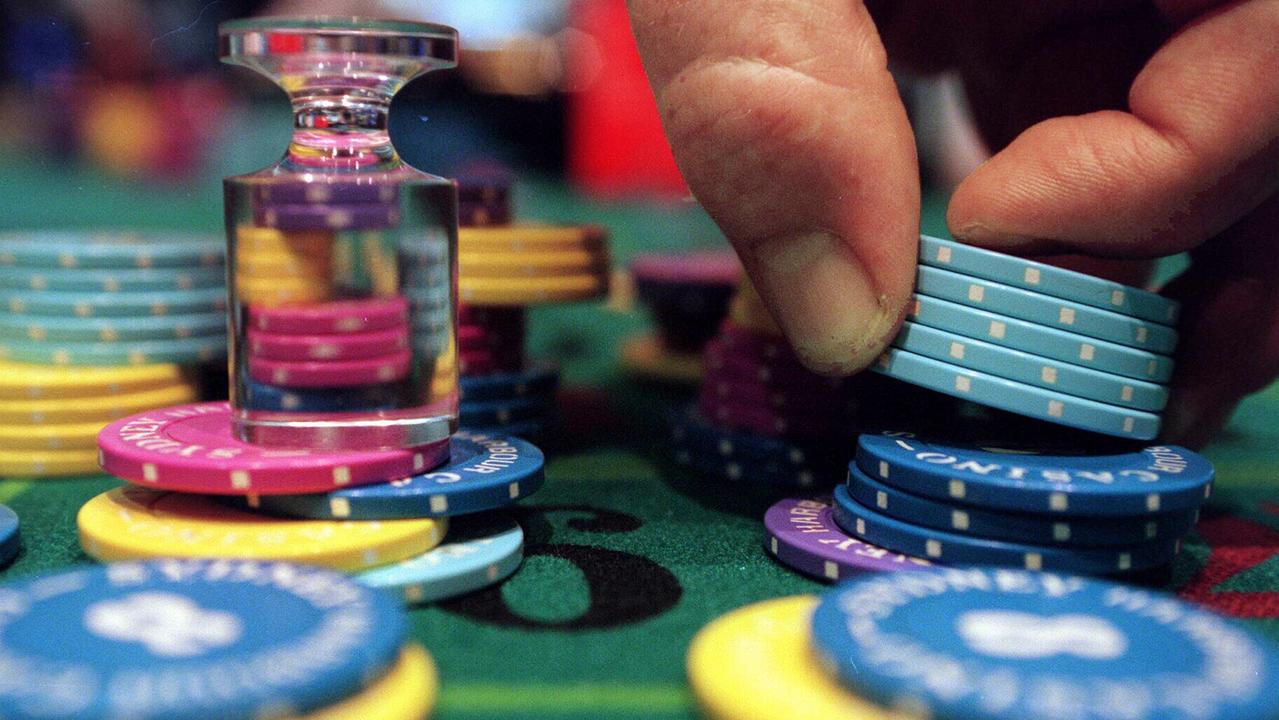When talking about Singapore gambling law, The Remote Gambling Act (RGA) defines “gambling” broadly to encompass betting, gaming, and lottery participation.
The RGA defines “betting” as the wagering of money or the value of money on the outcome of a horse race or sporting event.
The Common Gaming Houses Act (CGHA) defines “gaming” as any game with a chance element, or a combination of chance and skill, in which players can win money or money’s value or rewards.
The CGHA does not apply to games that do not involve money (for example, a casual game of mahjong between friends with no cash involved).
The CGHA also controls public lotteries, which are defined as a lottery that is open to the general public or any class of the general public.
A “lottery” is described as any game, plan, or competition in which money or money’s worth is distributed only by chance, whether the lottery is conducted or controlled in Singapore or elsewhere.
Singapore Gambling Law
Gambling in a “common gaming house” is prohibited under the CGHA. A “common gaming house” is any location that holds or uses gambling, habitual gaming, or a public lottery, whether or not the public has access to it.
The preservation of the gambling venue as a common gaming house or as a gaming venue thus determines whether the gambling activity in issue crosses the line into an illegal act.
1. Private Gambling
While the CGHA does not define private gaming, it is commonly defined as gambling that takes place in a location that is not open to the general public (e.g., at home).
If the location where the gambling takes place is kept particularly for the purpose of frequent gaming as a common gaming house, it is illegal. Anyone found guilty of gambling in a public gaming establishment faces a fine of up to $5,000, a 6-month jail sentence, or both. Don’t hesitate to bet on the best agen judi online games that give you huge wins.
2. Gambling in Public
Gaming in public refers to gambling in a public area that is open to the public and includes any establishment with ten or more employees.
Gambling destinations in a public place is prohibited. Gambling during a funeral performed in a void deck, for example, could be banned because the void deck is a public space.
If the funeral is held in a private place (for example, a hired room for events) that is not open to the public, it may be illegal, as long as the private site is not a common gambling house (as mentioned above).
Someone found guilty of gambling in a public place faces a fine of up to $5,000, or a sentence of up to 6 months in prison, or both. Their gaming equipment may be seized and forfeited as well.
3. Place Bets with Bookmakers
The Betting Act regulates the activity of bookmakers. A bookmaker is defined as someone who accepts or negotiates bets or wagers on a cash or credit basis in exchange for money or money’s worth under the Betting Act.
Anyone who bets or wagers with a private bookmaker (commonly known as a “bookie”) in any location or by any means is breaking the law. Offenders will face a fine of up to $5,000, or a term of imprisonment of up to 6 months, or both.
Betting with exempted bookies such as Singapore Pools, Tote Board, and licensed casinos, on the other hand, will not be unlawful.
4. Play with Jackpot Machines
Because jackpot gambling falls under the CGHA’s definition of “gaming,” participating in jackpot gambling in a common gaming house or in public is banned unless the jackpot machine is placed in a club that is authorized to operate the machine.
In the Singapore gambling law, the legal gambling age in Singapore varies depending on the location of the gaming activity. There is no universal minimum age for all gambling activities.
In general, to bet in Singapore, you must be at least 18 years old. Singapore Pools, for example, only permits anyone aged 18 and up to purchase 4D or TOTO tickets or wager on horse races. To open an account with Singapore Pools, you must be at least 21 years old.
